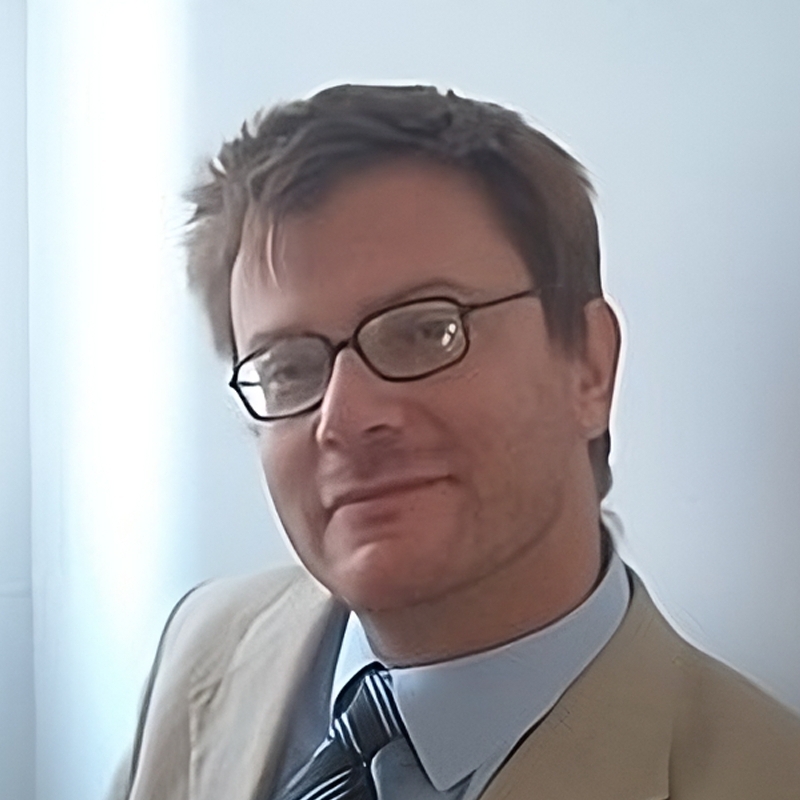Archaeoastronomy
Archaeoastronomy
The science of stars and stones
Course description
Archaeoastronomy is the “science of stars and stones”: it studies the relationships between the ancient monuments and the sky, in order to gain a better understanding of the ideas of the architects of the past and of their religious and symbolic world. The course provides the first complete, easy introduction to this fascinating discipline.
During the course, many spectacular ancient sites – such as Stonehenge in England, Giza and Karnak in Egypt, Chichen Itzá in the Yucatan, Macchu Picchu in Peru and the Pantheon in Rome – will be visited and the fascinating events occurring there in special days of the year (such as solstices, equinoxes, or the day of the foundation of Rome) will be shown and explained. The course also provides the necessary background on Astronomy with the naked eye and a general introduction to the role of Astronomy in religion and in the management of power among ancient cultures.
Total workload of the course: 15 hours
This MOOC is provided by Politecnico di Milano.
Augmented reality app
ArchaeoAR app is a free Augmented Reality application that lets you discover ancient monuments and astronomical phenomena explained in this course and in the book “Archaeoastronomy. Introduction to the Science of Stars and Stones” (2016, Springer).
ArchaeoAR app, designed by METID - Politecnico di Milano and developed by DIAPASON DIGITAL on the basis of the research of prof. Giulio Magli, lets you manipulate 3D models of the ancient buildings, visualize the archaeoastronomical phenomena simulating the position of the Sun and of the shadows, watch video-lessons starting from the book pictures.
To discover the app,
.
Intended Learning Outcomes
By actively participating in this MOOC, you will be able to:
- Recognize and describe major astronomical phenomena. ESCO skills: Astronomy, Earth science
- Illustrate the knowledge the ancients had of the sky and the instruments they used to observe it. ESCO skills: Astronomy, Earth science, Cultural history
- Illustrate the connections between astronomical knowledge, religion, and monuments (location, orientation) in different ancient cultures. ESCO skills: Astronomy, Earth science, Cultural history
- Describe the main phenomena observable in some famous ancient buildings. ESCO skills: Astronomy, Earth science, Cultural history
Prerequisites
No prerequisite knowledge is required.
Activities
Over and above consulting the content, in the form of videos and other web-based resources, you will have the opportunity to discuss course topics and to share ideas with your peers in the Forum of this MOOC. The forum of this MOOC is freely accessible and participation is not guided; you can use it to compare yourself with other participants, or to discuss course contents with them.
At the end of the course, a Bibliography section is available, where you can find a list of suggested readings that can help you in deepening the topics of the course.
Section outline
Assessment
Your final grade for the course will be based on the results of your answers to the assessed quizzes. You have an unlimited number of attempts at each quiz. You will have successfully completed the course if you score a total of 60% (or higher) in all assessed quizzes.
The maximum score possible for each quiz is given at the beginning of the quiz. You can view your score in the quiz on your last attempt or on the 'Grades' page.
Certificate
You can achieve a certificate in the form of an Open Badge for this course, if you obtain, at least, 60% of the total score in the graded quizzes and by filling in the final survey.
Once you have completed the required tasks, you will be able to access ‘Get the Open Badge’ and start issuing the badge. Instructions on how to access the badge will be sent to your e-mail address.
The Badge does not confer any academic credit, grade or degree.
Information about fees and access to materials
You can access the course completely online and absolutely free of charge.
Course faculty

Giulio Magli
Teacher
Giulio Magli is a Physicist (PhD 1992), currently Full Professor at the Politecnico di Milano, where he teaches the unique official course on Archaeoastronomy ever established in an Italian University.
His research activity first developed in Relativistic Astrophysics, but gradually moved to the study of the relationship between architecture, landscape and mathematical - astronomical lore of ancient cultures, especially among the ancient Egyptians but also among the Incas and in the Mediterranean area. In this field he authored several papers and the books “Mysteries and Discoveries of Archaeoastronomy” (Springer Verlag 2009), “Architecture, astronomy and sacred landscape in ancient Egypt” (Cambridge University Press 2013) and “Archaeoastronomy-Introduction to the science of stars and stones” (Springer Verlag 2016).
He is one of the authors of the UNESCO-IAU document on astronomical heritage and has been conducting archaeological survey missions on pre-nuragic Sardinia and in Central Italy, as well as spending several periods in Egypt investigating the ancient topography of the pyramid’s fields and other ancient landscapes; since 2015 he is responsible of the scientific cooperation project between the Politecnico di Milano and the Archaeological Park of the UNESCO site “Valley of the Temples” in Agrigento, Sicily.
Along with scientific activity, he developed a wide activity in the field of scientific communication and since 2013 he serves as appointed director of the FDS laboratory for Formation and Scientific Communication of the Department of Mathematics. Recently he has been involved, together with METID - Politecnico di Milano, in research and development of MOOCs and other e-learning tecniques and, together with Domenico Brunetto, he authored the first Pre-Calculus MOOC course ever published in Italian.
His researches in Archaeoastronomy have been reported several times in national and international TV broadcasts, including CNN, Discovery News, History Channel and National Geographic.
Contact details
If you have any enquiries about the course or if you need technical assistance please contact pok@polimi.it. For further information, see FAQ page.